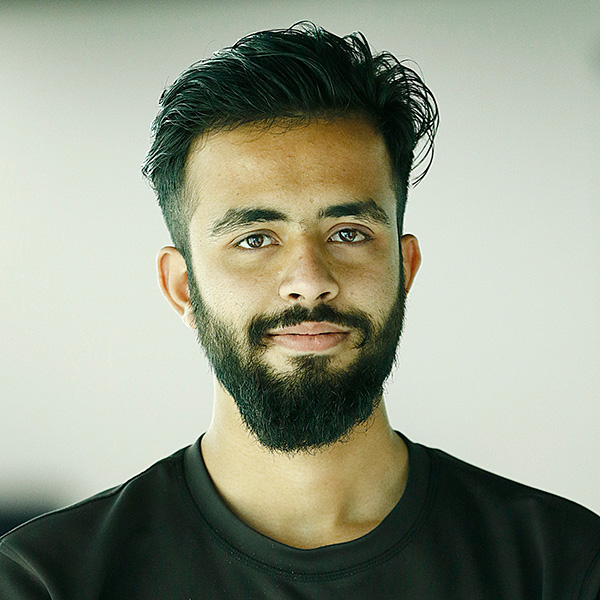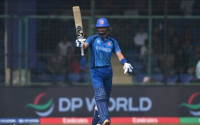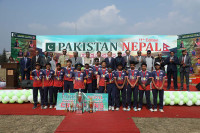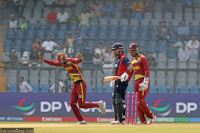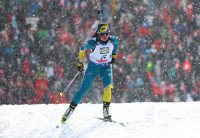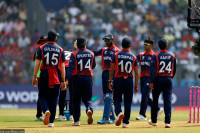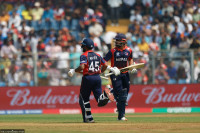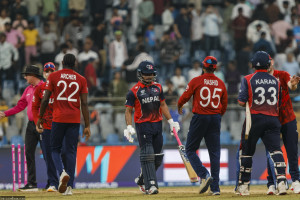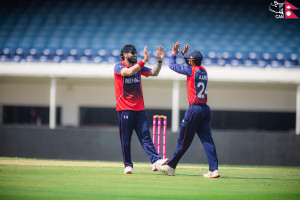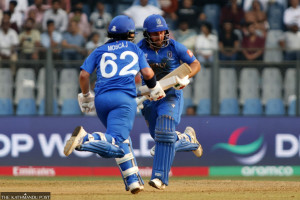Sports
How sports could play an active role in restoring normalcy in Nepal
Sports has been seen not only as entertainment but also as a symbol of peace, recovery, and unity in difficult times.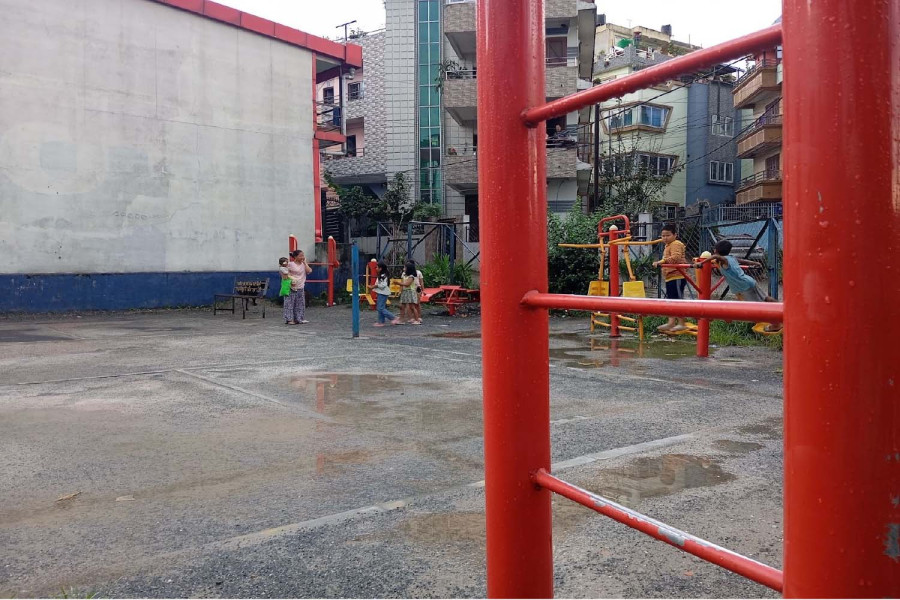
Nayak Paudel
When Nepal qualified for the 2014 T20 World Cup, the country was united in celebrating it. Where other sectors often failed to unite the nation—divided by politics, geography and ethnicity—under the same flag, the cricket field succeeded. It happened again last year when the men’s team qualified for the T20 World Cup after a decade.
Further, the inaugural season of the Nepal Premier League (NPL) also showed how sports can transcend divisions. Fans from different regions and backgrounds rallied behind city- and province-based franchises, filling the TU International Cricket Stadium throughout the tournament and creating a festive atmosphere that Nepali cricket had rarely seen before.
A similar atmosphere was on the doorstep with the second season of the NPL slated to start from November 17. Social media was abuzz in anticipation of the second season, as fans eagerly awaited the arrival of foreign faces to represent the eight franchises.
However, amid the recent tensions, not only NPL-related but overall sports-related talks have been sidelined as Nepalis are mostly focused on ‘the new Nepal’.
At such a time, sports authorities argue that the country comes first, but they also share the desire to resume activities as soon as possible and strengthen national unity and foster peace through sports.
In the 2030 Agenda for Sustainable Development Goals, UN member states, including Nepal, have recognised sport as a major contributor to development and peace.
“The country comes first,” Paras Khadka, secretary at the Cricket Association of Nepal (CAN), told the Post over the phone recently. “But we are confident that sports will play a major role in restoring normalcy across the country in the upcoming days. We want to resume activities soon because it suggests that the country is back on track.”
After a successful organisation of the first season of the NPL, TU International Cricket Ground is seeing the construction of concrete parapets and the installation of floodlights. Authorities have planned the renovated TU Ground to host the second season of the NPL; however, the works have currently come to a halt.
The CAN, meanwhile, stressed that it is too early to comment on whether the country’s present situation will affect the much-anticipated NPL-Season 2.
“Stability in the country is the first priority,” said Khadka, who is also a former captain of the national team. “We hope things return to normalcy soon. Let’s see for at least a week.”
Several sporting events, which were taking place in the upcoming days or had already begun, have been forced to a halt in the wake of the September 8–9 protests. For instance, the second season of the Everest Women’s Volleyball League, which began in Pokhara on September 5, has been postponed until further notice, and players and officials have started returning home.
Nonetheless, sporting events have started resuming in the country as things have started turning normal with the security forces, under the leadership of the Nepali Army, stepping in to ensure law and order in different parts of the country.
Citing normalcy, the Jeetpur-Simara International Invitation Women’s Football Tournament, which kicked off between eight teams in a knockout format on September 6 and was postponed after the third of the four quarterfinal matches was played between Morang District FA and Nepal Police Club on Monday, resumed on Friday.
Armed Police Force (APF) Club, which has a horde of national team players, defeated Dharan City FC 13-0 as the tournament resumed, and became the last semi-finalist of the tournament alongside Rautahat District FA, Nepal Police Club, and Tribhuvan Army FC (TAFC).
The APF vs Dharan fixture saw a good number of fans present at the Simara Stadium with proper security and concluded peacefully. The stadium also saw TAFC facing Rautahat in the first semifinal match on Friday evening under floodlights.
Nepalis have taken to social media to share several thoughts regarding the country’s current situation. Of them, many are regarding frustrations and hopes for a better Nepal. Similarly, there also seems to be friction between people with different ideologies and expectations regarding leadership and the roadmap for the country. From getting unified for a change on September 8 and 9 to getting divided during the aftermath, there is a lot of confusion in the air. And amid this, sports can be a medium for unity.
UN Secretary-General António Guterres, in a 2024 report, had called for UN organisations to explore ways and means to integrate sport into development frameworks and agendas, particularly in the areas of social inclusion, physical education, sustainable communities, gender equality, peacebuilding and crime prevention.
Guterres’s thoughts found some weight with the resumption of the tournament in Simara, as the fans have perceived it as a sign of normalcy during tough times. Those who joined the APF vs Dharan match live through GoalNepal’s Facebook and YouTube also welcomed the move as a much-needed distraction.
While the parents fear allowing children to go outdoors due to different violent and criminal activities on the rise, with thousands of prisoners fleeing during the September 9 protest, a small open space in Airport Nagar in Kageshwori Manohara Municipality saw around two dozen children playing different sports, including table tennis, basketball, football and cricket, on Thursday and Friday. While parents were keeping a lookout, they argued that allowing children to engage and play with friends was better than having them see violence on social media.
Sport has the power to change the world, as the South African statesman Nelson Mandela once said. “It has the power to inspire. It has the power to unite people in a way that little else does. It speaks to youth in a language they understand. Sport can create hope where once there was only despair.”
Senior officials of the All Nepal Football Association said they firmly believe in the power of sport for unity. While the ANFA cancelled the second friendly between Nepal and Bangladesh on September 9 and has also suspended the ongoing U-16 League for the time being, they were wishing a speedy recovery of the country and expected to resume football-related activities with the return of normalcy.
The ANFA also believes that the organisation of the A-Division League after over a two-year hiatus could help foster peace and unity, which are extremely essential during difficult times.
“The recent scenarios have led us to postpone not only football events but coaching courses as well. We are currently at a stage of ‘wait and see’,” said Suresh Shah, spokesperson for the ANFA. “We might also not be able to discuss with the clubs on September 16 for the upcoming season of the A-Division League, which we have planned to begin on November 30.”
The ANFA is planning a home/away format for the A-Division League, which will be the first time since the first season in 1954-55. With major clubs of the country playing in front of the passionate Nepali football fans throughout the country, the ANFA believes that the sport could play an active role for a peaceful Nepal.




 11.12°C Kathmandu
11.12°C Kathmandu